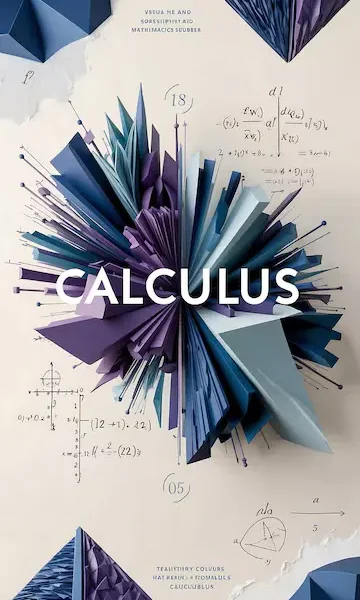
What is Calculus?
Calculus is a branch of mathematics that studies continuous change.
Unlike algebra, which deals with static equations and numbers, calculus focuses on the dynamic processes that lead to the formation of those equations.
It provides the tools necessary to understand and describe the behavior of functions, and it is essential for solving complex problems in science, engineering, economics, and beyond.
Historical Background
The development of calculus is often attributed to two mathematicians, Isaac Newton and Gottfried Wilhelm Leibniz, who independently formulated its fundamental principles in the late 17th century.
Newton applied calculus to describe motion and change in physical systems, laying the groundwork for classical mechanics.
Leibniz, on the other hand, developed the notation and theoretical framework that are still in use today.
Fundamental Concepts
Calculus can be divided into two main branches: differential calculus and integral calculus.
-
Differential Calculus:
- Derivatives: The derivative of a function measures how the function’s output value changes as its input value changes. In simpler terms, it represents the rate of change or the slope of the function at any given point.
- Applications: Derivatives are used to find the maximum and minimum values of functions (optimization), to analyze motion (velocity and acceleration), and to model real-world phenomena like population growth or the spread of diseases.
-
Integral Calculus:
- Integrals: The integral of a function represents the accumulation of quantities, such as areas under curves. It can be thought of as the reverse process of differentiation.
- Applications: Integrals are used in a wide range of fields, from calculating areas and volumes to solving differential equations and modeling physical systems like electrical circuits or fluid flow.
Fundamental Theorem of Calculus
One of the most important results in calculus is the Fundamental Theorem of Calculus, which links differentiation and integration. It states that the process of finding a derivative and the process of finding an integral are essentially inverse operations. This theorem provides a powerful connection between the two branches of calculus and simplifies many calculations.
Read More: Calculus Vs Precalculus
Real-World Applications
Calculus is indispensable in various fields.
Here are a few examples:
- Physics: Describing motion, calculating forces, and analyzing energy transformations.
- Engineering: Designing structures, analyzing systems, and optimizing processes.
- Economics: Modeling growth, optimizing resources, and analyzing trends.
- Biology: Modeling population dynamics, understanding the spread of diseases, and analyzing biological systems.
- Computer Science: Algorithms for machine learning, graphics, and data analysis.
Conclusion
Calculus is a cornerstone of modern mathematics and science.
Its principles and techniques allow us to understand and predict the behavior of complex systems.
Whether you are studying natural phenomena, engineering new technologies, or analyzing economic trends, calculus provides the tools needed to tackle a wide range of challenges.
Its impact is profound and far-reaching, making it one of the most important mathematical disciplines.
